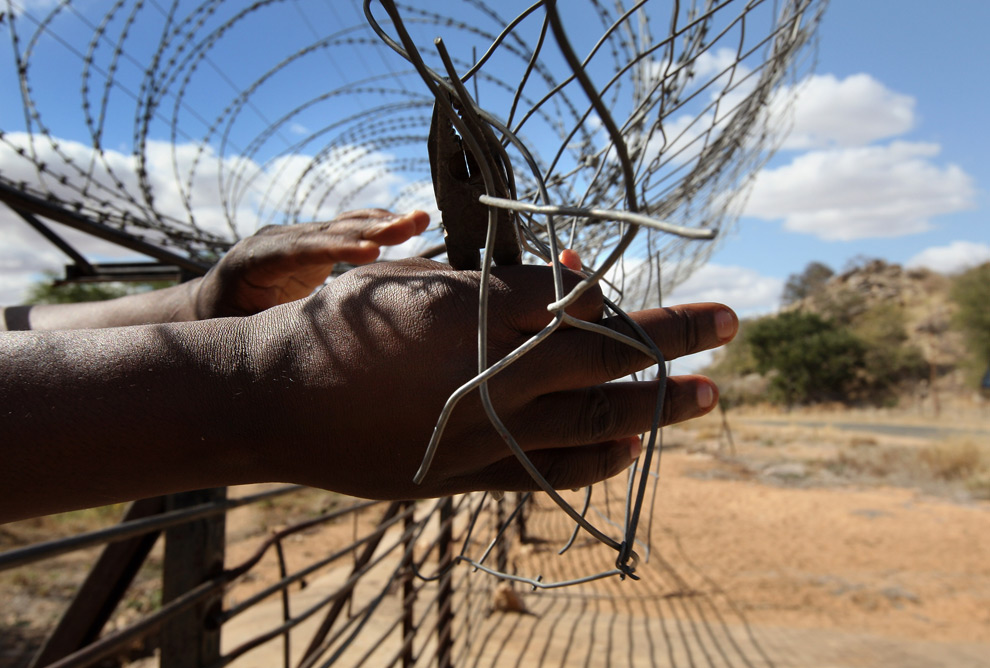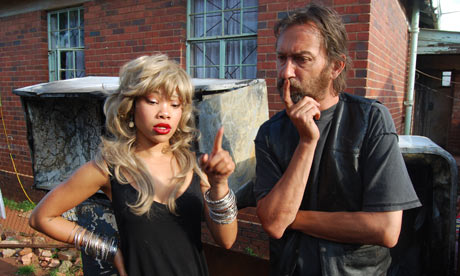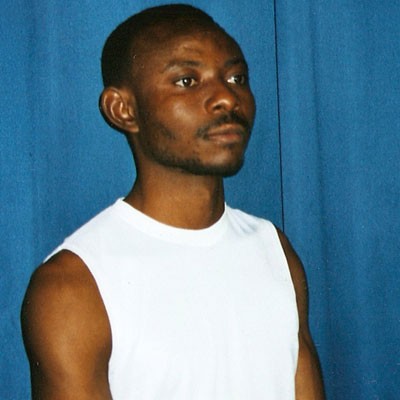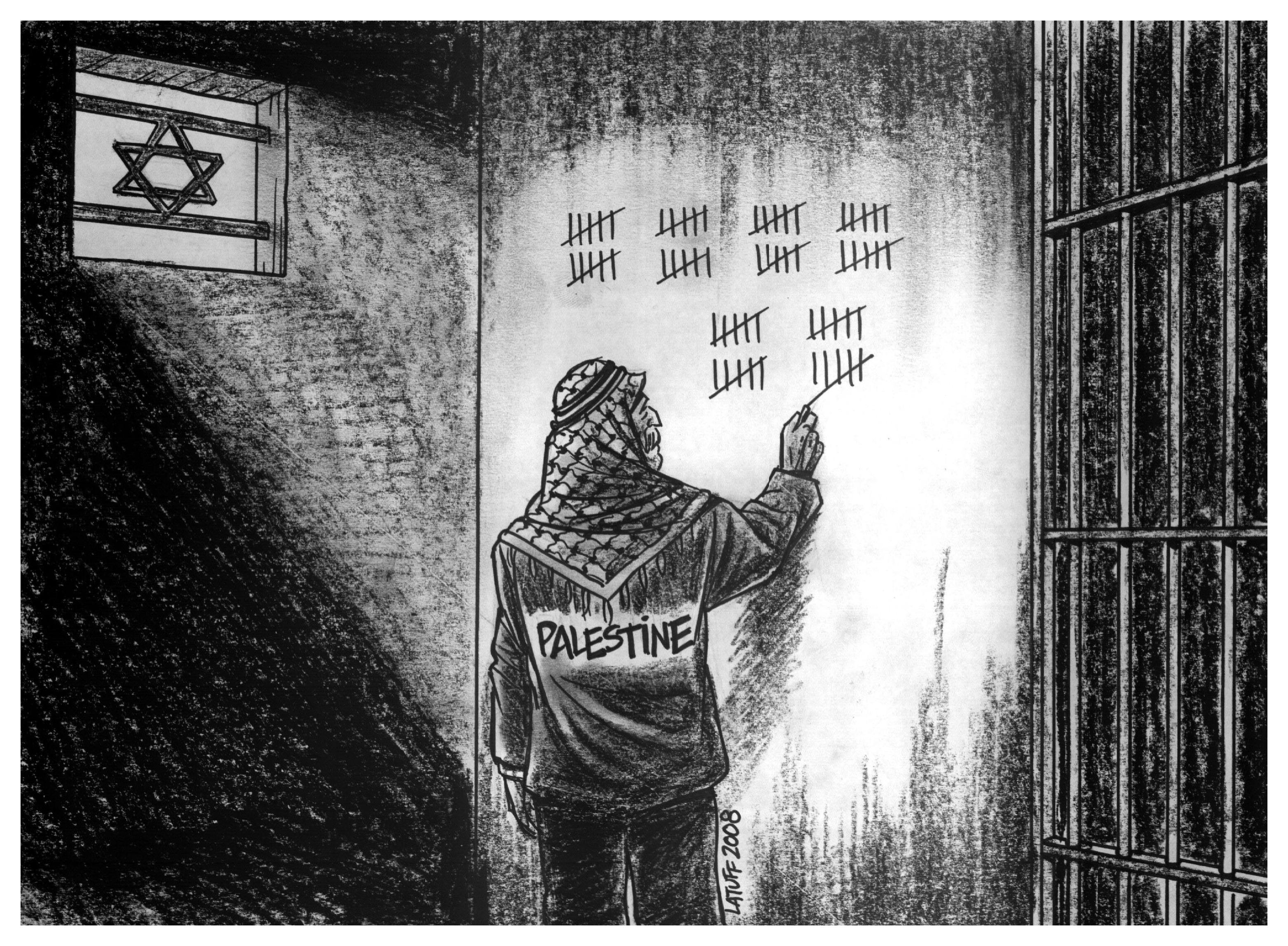- independent, self-sufficient community
- How do they manage their money?
- Economic model
- Can it be replicated?
History
Diamond mining in South Africa started in the 1860s. Thousands of fortune seekers from around the world flocked to Cape Town, the capital of the British-governed Cape colony, before undertaking the 1,500 km trek north of the arid western and Northern Cape to the mining town of Kimberley.
At the same time Afrikaner farmers (Boers), who wanted to escape British rule, started to settle in Rustenburg valley. They ignored the traditional rights of ownership enjoyed by the Bafokeng and started to survey and register farms. Kgosi Mokgatle, great, great, great, great grand father of the current king, realized that ownership of traditional Bafokeng land was likely to be seized. In a remarkable act of foresight and collective sacrifice, he ordered units of young RBN men to walk to Kimberly to work and earn money that was accumulated in a central community fund. As funds were generated, Kgosi sought out the help of Lutheran missionaries to front the Bafokeng and buy up farms in the area. Some 900 hectares, or two thirds of the land currently owned by the Bafokeng, was acquired in this way over a twenty year period. Today, the Bafokeng continue to acquire land in the area.
In the 1920s, geologist Hans Merensky discovered in the Rustenburg valley the surface outcrop of arguably the world's greatest ore body, a geological wonder known as the Bushveld Igneous Complex. In particular, substantial reserves of Platinum Group Metals (PGMSs) such as platinum, ferrochrome, rhodium and palladium were discovered on land owned by RBN. And thus began the pursuit of platinum.
Over the next 70 years, various attempts were made by the governments of the day, aided and assisted by the major mining companies, to dispossess RBN of their land rights. All were ultimately unsuccessful and the mining companies thereafter agreed to pay royalties to the RBN in exchange for the right to mine on RBN land.
For many years, RBN leadership was in conflict with the national and regional governments. The authorities retaliated by neglecting the development of the region. RBN therefore spends practically all of the royalty income it receives on infrastructure. During the past two decades, over R2 billion of communal wealth has been invested in regional infrastructure such as roads, and bridges, water reticulation and reservoirs, electricity supply extensions, schools, clinics, civic buildings and sports facilities.
Today, the Bafokeng Nation numbers roughly 300 000 people. About 160 000 live in an area some 150 km North West of Johannesburg, South Africa, with the balance scattered primarily throughout South Africa. The Royal Bafokeng Nation (RBN) has retained its unique cultural identity and traditional leadership structures and is led by a hereditary Kgosi (king), currently Kgosi Leruo Molotlegi.
Economy
 The Royal Bafokeng Nation comprises a number of entities, each of which has a crucial role to play in reaching the Nation’s goal of a sustainable and self-sufficient community, where people have the skills and the support to reach their highest potential:
The Royal Bafokeng Nation comprises a number of entities, each of which has a crucial role to play in reaching the Nation’s goal of a sustainable and self-sufficient community, where people have the skills and the support to reach their highest potential:* Royal Bafokeng Holdings (RBH), an investment entity in Johannesburg, which is responsible for overseeing the growth and maintenance of the community’s income streams.
* Royal Bafokeng Sports, is an entity within the Royal Bafokeng Holdings and it is in charge of the Royal Bafokeng Sports Palace, an official venue for the 2010 FIFA World Cup.
* Royal Bafokeng Administration (RBA) is principally a town planning unit charged with service delivery and monitoring the progress of the Master Plan across all the regions. It looks after the various wards (kgotla) within the Nation to ensure that infrastructure and services are in line with the long-term vision.
* Royal Bafokeng Institute (RBI) is aimed at uplifting the quality of education and learning in the Royal Bafokeng Nation.
Vision 2020
Even before his enthronement as King of the Royal Bafokeng Nation, Kgosi Leruo Molotlegi set in motion the vital next phase in the development of his people. His brother, Kgosi Mollwane Lebone Boikanyo Molotlegi, paved the way for the initiative by proclaiming Vision 2020. This boldly challenges the Bafokeng people to reduce their dependency on their diminishing mineral assets and to become a self-sufficient community within the first 20 years of this century. Kgosi Leruo's challenge is to devise a workable plan to realize Vision 2020.
Thus, the time has come for the Royal Bafokeng Nation, like the oil-rich Middle East, to reduce its dependency on natural resources and develop new sources of wealth. The Bafokeng, Kgosi Leruo has concluded, must diversify by securing interests in other sectors of the economy and develop a more balanced portfolio, as it were.
The main areas of emphasis of Vision 2020 fall into the following areas:
* Investment diversification
* Economic Development
* Education Planning
* Infrastructure Development/Master Plan
* Health and Social Planning
* Crime Free Environment
source















































